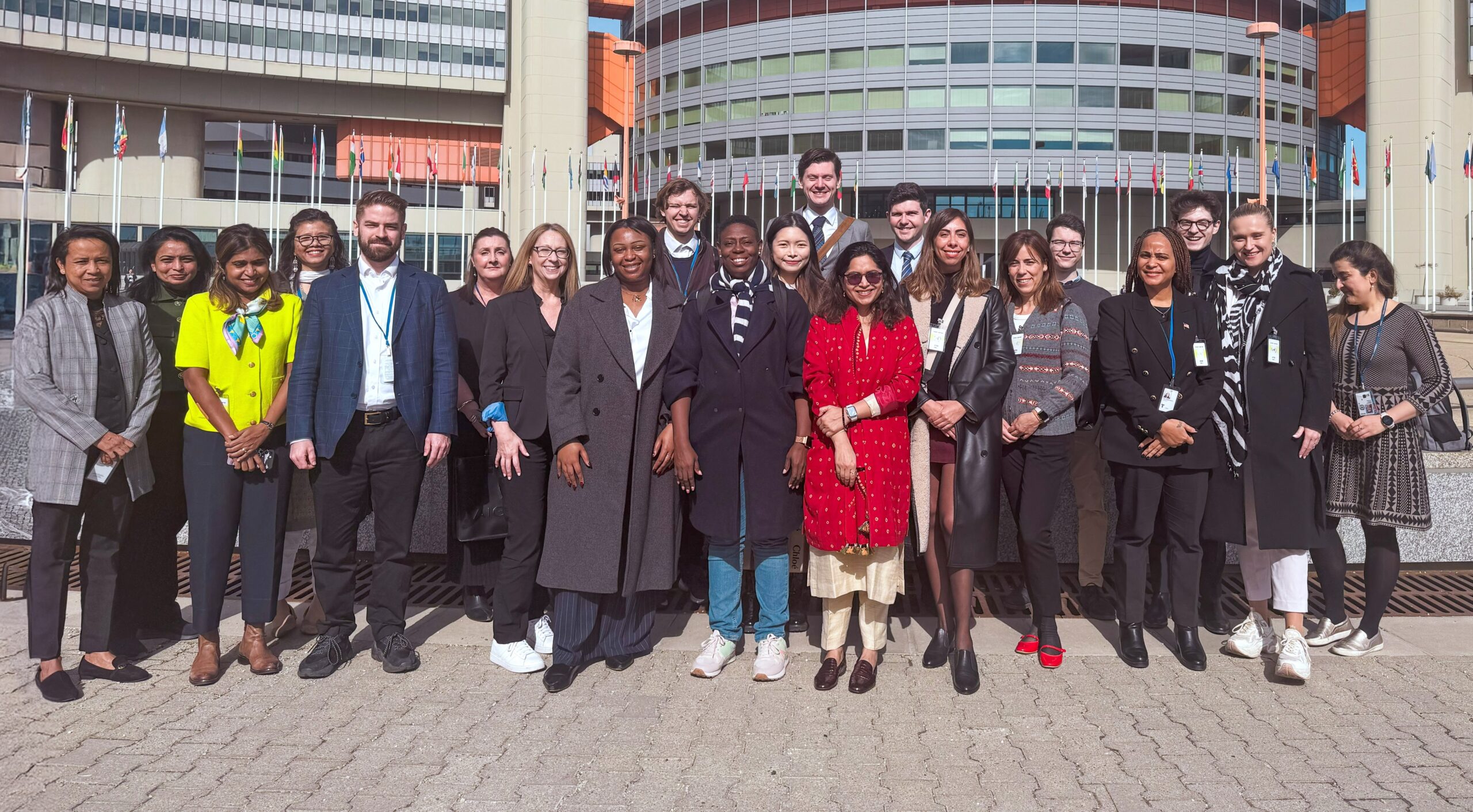
The principle of irreversibility in nuclear disarmament has been part of international discourse on nuclear governance since the early days of the nuclear era. Since the 1990s and early 2000s, the principle has been applied in arms control agreements and fissile material disposition initiatives by the United States and the Russian Federation. Since 2000, it has been part of the discourse in the review process to the Treaty on the Non-Proliferation of Nuclear Weapons (NPT) as one of the guiding principles for nuclear disarmament.
In the latest brief in the VCDNP’s Governing the Atom series, Senior Research Associate Noah Mayhew and Senior Fellow Dr. Nikolai Sokov describe the origins of the irreversibility principle and its relationship with verifiability and transparency. They also detail the ways in which it has been applied in the past and identify challenges to operationalising the principle in practice. The purpose of the brief is to provide a set of considerations that may be useful for the negotiation of future agreements and decisions, including by NPT States Parties.
The Governing the Atom brief series presents easily digestible and factual information to experts and government representatives on critical nuclear governance issues and aids States in their decision-making on critical issues related to working with international organisations and regimes.



